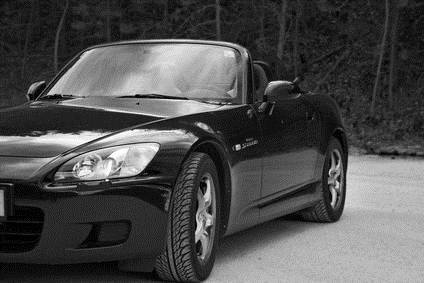
Honda vehicles made between 1990 and 1995 used the Onboard Diagnostic I (OBD-I) computer system, which was replaced in 1996 with the OBD-II system. Each vehicle with the OBD-I system had its own specific Diagnostic Trouble Codes (DTCs), which made it difficult for mechanics to diagnose what was wrong with the vehicles. Vehicle owners often had to go to a dealer to figure out what was wrong with their vehicles. The OBD-II system made all of the DTC codes generic, with standard definitions. However, if you do have an OBD-I Honda vehicle, you need to know the special codes for that vehicle. However, you may have to purchase an OBD-I scan tool to do this.
If you receive the OBD-I code 11, then there is something wrong with your Electronic Control Module (ECM). The ECM is a type of embedded system that manages you electrical systems. An embedded system is a type of computer system that is designed to do only one (or a few) functions, such as control your electrical system. You should run tests on this system to determine whether it is not working properly or if it has failed. You can also try refreshing or updating the system to see if that clears the problem. The Code 0 (zero) is also associated with ECM errors.
The 21 and 22 DTC both refer to your Variable Valve Timing and Lift Electronic Control (V-TEC) solenoid. This device is part of your valve train system, which tries to make your Honda engine more efficient. The V-Tec control solenoid controls the oil pressure that moves from the spool valve to the Revolutions Per Minute (RPM) cam's locking pin. If you receive these two errors, then you need to check the solenoid to determine whether or not it has failed.
If you receive error codes 71 through 76, then you have a misfiring cylinder. The code breakdowns are as follows: code 71 - cylinder 1; 72 - cylinder 2; 73 -- cylinder 3; 74 -- cylinder 4; 75 -- cylinder 6; and 76 -- cylinder 6. This means that you have a problem with one of your engine cylinders either not firing at all or not firing correctly. You will feel this when it happens because an engine cylinder that misfires causes your engine to shake, and these vibrations tend to move throughout the vehicle. This can also affect your emissions and fuel economy. The codes will help you narrow down which cylinder is misfiring.